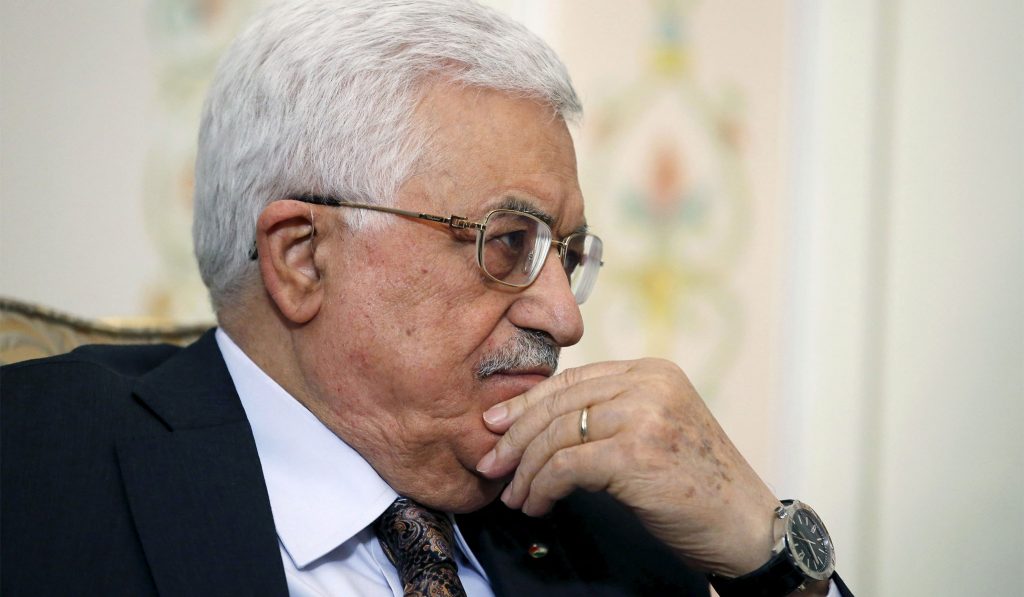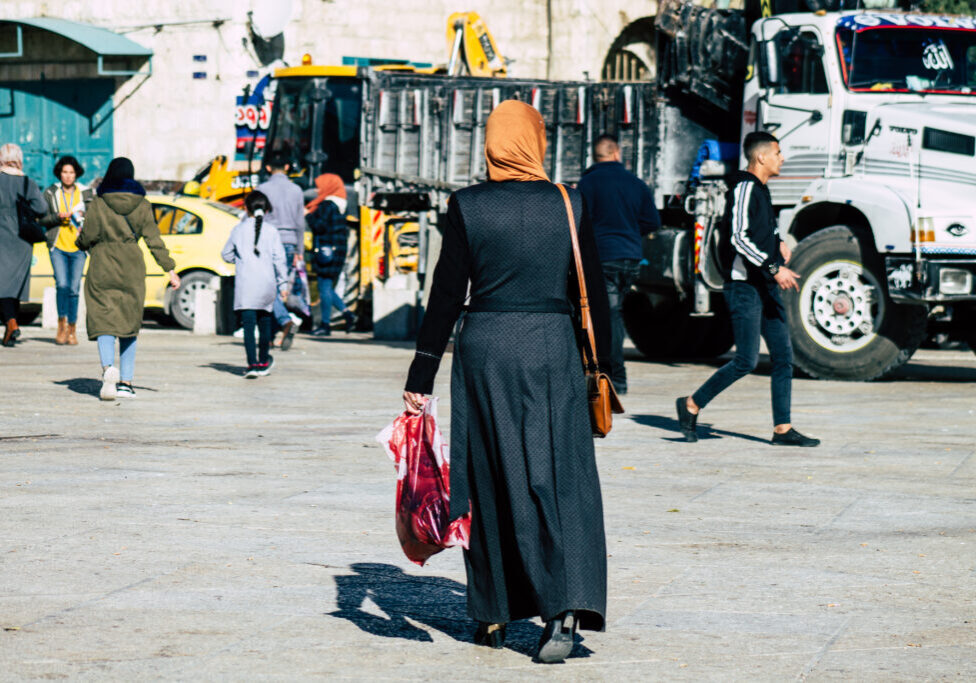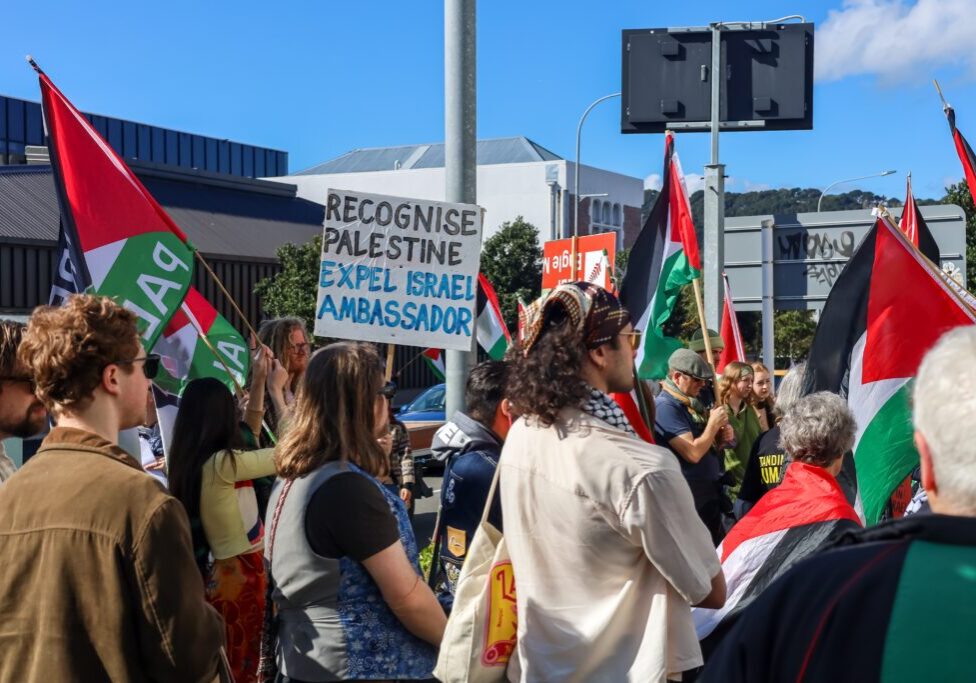Australia/Israel Review
What Abbas cares about
Aug 2, 2018 | Yaniv Kubovich

The Israeli defence establishment is assuming that Palestinian Authority President Mahmoud Abbas’ response to the American peace initiative, which is still largely shrouded in mystery, will be based on what he, personally, will be able to gain from it.
At 83, ailing and with his days in power nearing their end, Abbas’ decisions are guided by thoughts of his legacy, and more importantly, what will happen to his family on the day his successor takes his place in the Muqata’a (PA Presidential compound), Israeli sources say.
Abbas is not likely to make momentous decisions in the near future, Israeli sources say. They believe he will respond with “all or nothing” to US President Donald Trump – right of return, 1967 borders and a capital in east Jerusalem.
Abbas isn’t deluding himself – on the contrary. He has reconciled himself to the idea that a Palestinian state will not be established in his lifetime. But a moment before he steps down “it’s important to him not to be remembered in Palestinian history as one who abandoned the heritage and compromised on the right of return,” a defence source says.
“Abbas believes that the way he’ll step down will influence the safety of his family and senior Fatah members. It’s a kind of insurance policy for continuity in the government and looking out for his relatives,” he says.
Abbas’ current strategy reflects a complicated picture. For example, in his relations with Israel, following the American Embassy’s move to Jerusalem, Abbas hardened his stance and issued a few belligerent statements. On the other hand, he is still seen as a leader who opposes violence, fights against terror and maintains the security coordination with Israel.
“Abbas needs the security coordination first and foremost for the Palestinians,” a senior army officer says. “There’s no doubt it’s important for Israel as well, but the Palestinian Authority – which wants to continue to exist – needs it no less.”
But even greater than his concern for the Palestinian Authority and its future is his anxiety for his family’s future, especially that of his two sons, Yasser, 56 and Tarek, 50. The two have extensive business interests in both the Palestinian Authority and in the Arab states of the Persian Gulf, from real estate and media companies through to advertising and cigarette imports. In recent years their extravagant lifestyles have made headlines and sparked discussions in social media and public criticism in Palestinian society.
Abbas is acting to bolster the status of his sons in Fatah, for fear that they will be associated with the ills of his leadership, such as corruption, and will pay the price after he goes.
But for this he needs the Palestinian public’s support as well, the officer says. One of the things Abbas has to do today is strengthen the Authority’s rule in problematic regions in the West Bank, like Hebron and Nablus. “Senior commanders in the security apparatus are moved to places where there’s a security problem, to keep them under control and maintain the quiet,” he says.
Among other things, Abbas is acting to regain Fatah’s control of West Bank student unions. Recently Fatah won the elections for the student union of Kadoorie University in Tulkarm and strengthened its power in the liberal Bir Zeit University, although it’s still in a minority on this campus, which is seen as a Palestinian symbol.
Studies show that Palestinian literature and television are shifting their focus from the occupation, and the struggle against it, to identity and social issues – probably following guidance from the leadership, the officer says.
But a cloud is hovering over all these plans, in the form of variables Abbas cannot control, like relations with Israel. Israel assumes he knows that any move he makes regarding the peace process will impact the identity of his successor and Fatah’s continued rule. For example, far-reaching Palestinian concessions could harm not only Abbas’ heritage and family image, but cause a revolution. So Abbas is expected to toughen his positions further in the near future.
Officials in Ramallah share this view. “He’s realised that as long as Netanyahu and the settlers’ government rule, it’s impossible to advance,” a source close to Abbas told Haaretz. “Israel and the United States think they can set down facts for the Palestinians and are looking for a leader who will accept their dictates. Abbas cooperated, but at a certain stage he understood it was leading nowhere.”
If an agreement is signed with the Palestinians, it will endure as long as Abbas and his people remain in power, a senior officer says. “Currently, their security forces are capable of preserving government continuity.”
However, there is no certainty over who the next Palestinian leader will be – former counter intelligence chief Jibril Rajoub, Abbas’ deputy Mahmoud Aloul, Marwan Barghouti or some wild card. “We don’t know who will take over, and whether Hamas will try to take the West Bank leadership by force, as it did in Gaza,” he says.
© Haaretz (www.haaretz.com), reprinted by permission, all rights reserved.
Tags: Palestinians






